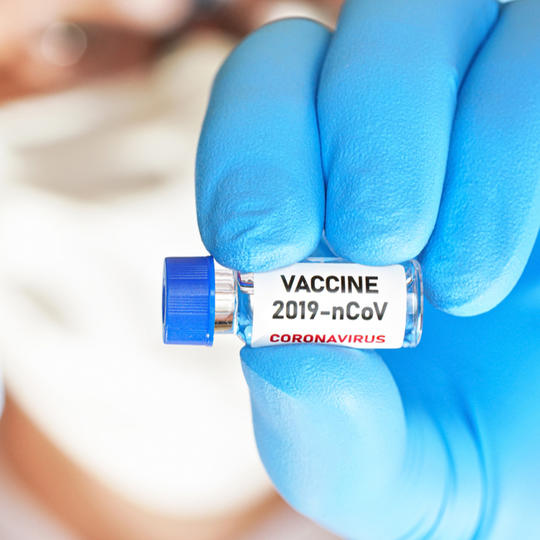Join over 13,000 individuals and families managing food allergies who food that start with q sharing their food allergy stories and making a critical difference, helping to speed the search for new treatments and informing life-changing improvements in patient care. Whether you’re newly diagnosed or you’ve been managing food allergies for years, FARE is here to support you.
Find resources for children, teens and adults and get connected to others in your community. FARE, the world’s largest private funder of food allergy research, is driving innovation toward a new, more promising day. Toward that day, FARE is advancing breakthroughs in food allergy prevention, diagnosis, treatment and care. Whether you choose to advocate, volunteer, walk or donate, your support makes the world safer for people with food allergies. The Pfizer-BioNTech COVID-19 vaccine received emergency use authorization from the U.
A similar COVID-19 vaccine, developed by Moderna, received emergency use authorization on December 18, 2020. Here’s what we’ve learned so far. Who can receive a COVID-19 vaccine? The Pfizer-BioNTech vaccine has received emergency authorization for use in individuals 12 years of age and older. The emergency use authorization for the Moderna vaccine is limited to adults, aged 18 and older, and studies are underway to test the vaccine in adolescents aged 12-17. The emergency use authorization for the Janssen vaccine is limited to adults, aged 18 and older. Everyone 12 years and older is now eligible to receive a COVID-19 vaccine.

How are the three vaccines similar? The Pfizer-BioNTech and Moderna are similar to each other and different from the Janssen vaccine, but all three vaccines have important details in common. The vaccines by Pfizer-BioNTech and Moderna are mRNA vaccines. The spike protein on its own can’t cause disease. The mRNA vaccine technology is not new, but had not been used in humans before now. To better understand how mRNA vaccines work you can check out our primer on mRNA vaccines. PEG has many uses in medicine and biology.
Scientists have proposed that PEG might trigger serious allergic reactions in a small number of individuals, but the cause of allergic reactions to vaccines remains to be determined. NIH is starting a large trial to explore allergic reactions to both mRNA vaccines. The vaccine by Janssen is a viral-vectored vaccine. Like the Pfizer-BioNTech and Moderna vaccines, the Janssen vaccine contains instructions to make the coronavirus spike protein. However, in the Janssen vaccine, these instructions are a molecule of DNA, not mRNA. This deactivated virus is not the coronavirus that causes COVID-19.
Instead, it is a harmless version of an adenovirus. Active adenoviruses typically cause mild cold- or flu-like illness, but the deactivated virus in the Janssen vaccine cannot cause any viral disease. A similar approach was used to develop a vaccine against Ebola virus. The Janssen vaccine does not contain PEG.
However, the Janssen vaccine does contain another common ingredient called polysorbate-80, which may trigger reactions in individuals with allergy to PEG. While a two-dose regime of the Janssen vaccine is currently being studied in clinical trials, the Janssen vaccine is currently authorized for use as a single dose. This differs from the vaccines by Pfizer-BioNTech and Moderna, which have been authorized for use as two doses delivered weeks apart for maximum effectiveness. Both doses should deliver the same vaccine, either Pfizer-BioNTech or Moderna. The time between doses is 21 days for the Pfizer-BioNTech vaccine and 28 days for the Moderna vaccine. The effectiveness results below start at 7 days after the second dose of the Pfizer-BioNTech vaccine, 14 days after the second dose of the Moderna vaccine and 28 days after the Janssen vaccine.
For all three authorized vaccines, no COVID-19 hospitalizations or deaths occurred in people who received active vaccine rather than placebo during large clinical trials. Both the Pfizer-BioNTech and Moderna vaccines are more than 90 percent effective in preventing symptomatic COVID infections after two doses. Both the Pfizer-BioNTech and Moderna vaccines approach 100 percent effectiveness in preventing severe COVID disease after two doses. Levels of effectiveness may change as new coronavirus variants arise and spread and the current rate of infection changes. The vaccines do not contain mercury or other preservatives. The vaccines do not contain egg or other food allergens. The vaccine vials do not contain latex.
Authorized for use in older children? Currently stored in an ultra-low temperature freezer, although data to support storage for up to two weeks at conventional freezer temperatures has been submitted to FDA. Unopened vials can be stored for up to 30 days in a conventional refrigerator. These levels of effectiveness may change as new coronavirus variants arise and spread. Can I Receive an mRNA COVID-19 Vaccine?
